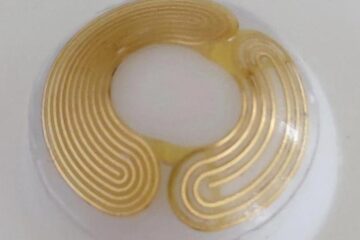Reducing Mercury Emissions

High levels of mercury can have a toxic effect on the human nervous system. To help reduce the amount of mercury emitted from power plants during coal combustion, UAB has received a three-year, $400,000 grant from the U.S. Department of Energy to find the best, most cost-effective method for mercury removal from power plant emissions.
“It is difficult for utilities to plan equipment improvements and new construction without quantitative data with which to evaluate alternative designs,” says UAB materials engineering professor Peter Walsh, Ph.D., project co-investigator. “In this project, we will develop a mechanism that will provide the information with which engineers can determine the most cost effective approaches to multi-pollutant control in existing and new plants.”
Media Contact
More Information:
http://www.uab.eduAll latest news from the category: Ecology, The Environment and Conservation
This complex theme deals primarily with interactions between organisms and the environmental factors that impact them, but to a greater extent between individual inanimate environmental factors.
innovations-report offers informative reports and articles on topics such as climate protection, landscape conservation, ecological systems, wildlife and nature parks and ecosystem efficiency and balance.
Newest articles

NASA selects UF mission to better track the Earth’s water and ice
NASA has selected a team of University of Florida aerospace engineers to pursue a groundbreaking $12 million mission aimed at improving the way we track changes in Earth’s structures, such…

‘Smart’ contact lenses could someday enable wireless glaucoma detection
Most people with early-stage glaucoma don’t know they have it, even though early treatment is key to reducing vision loss. While detecting a subtle increase in eye pressure helps doctors…

New tech may lead to smaller, more powerful wireless devices
Good vibrations… What if your earbuds could do everything your smartphone can do already, except better? What sounds a bit like science fiction may actually not be so far off….





















